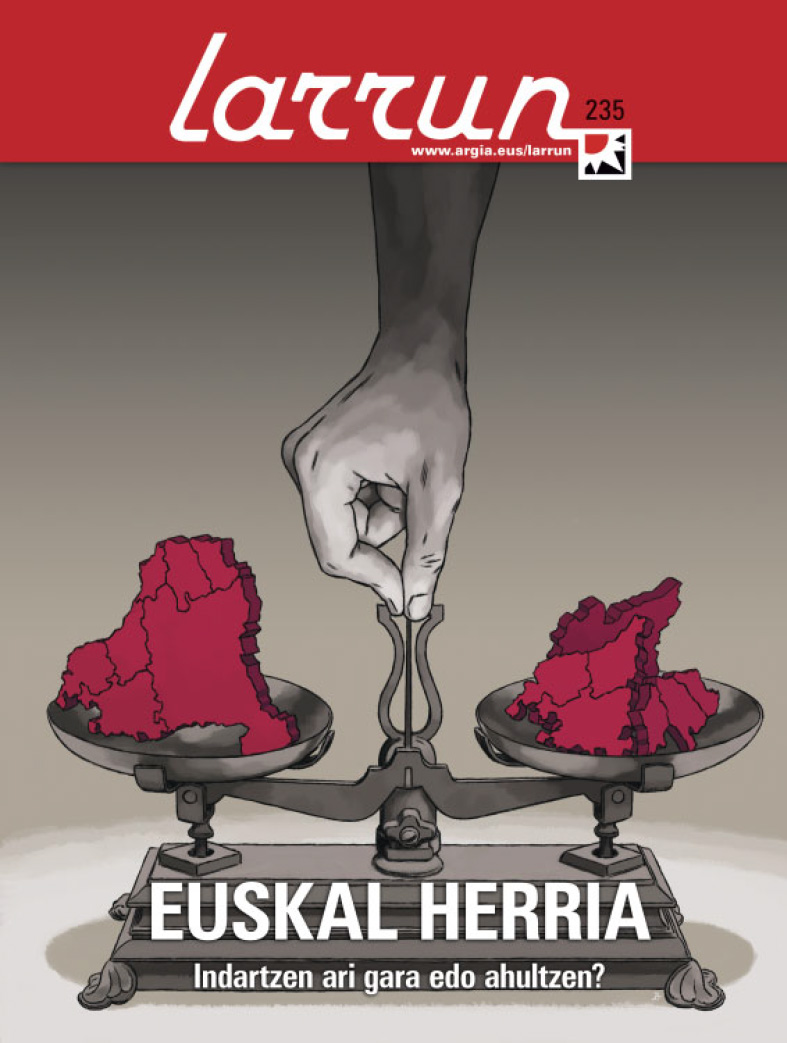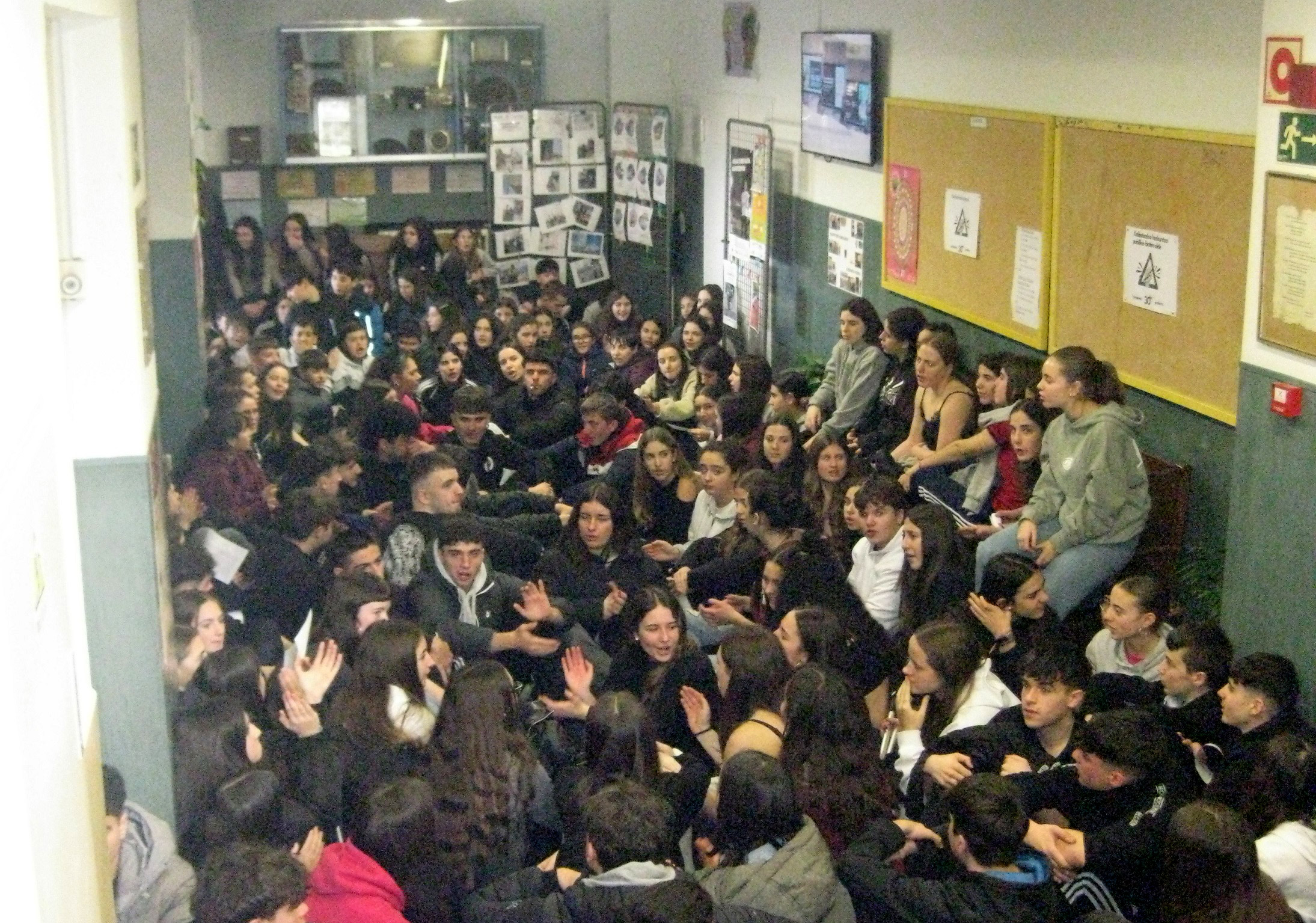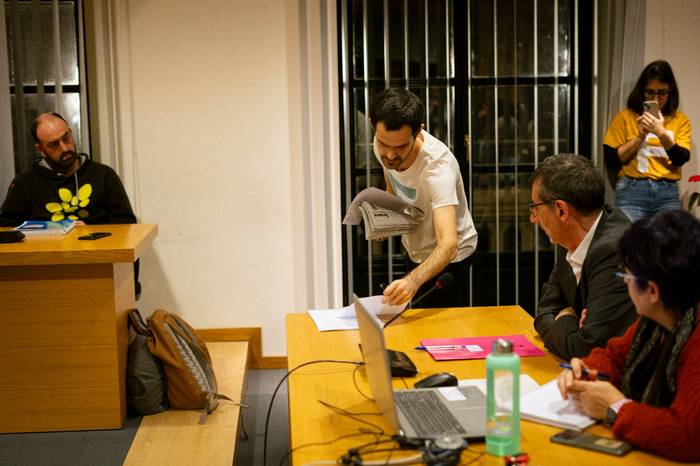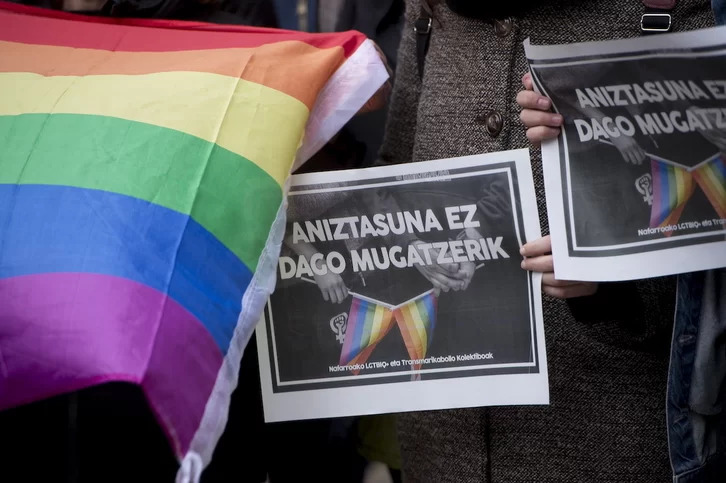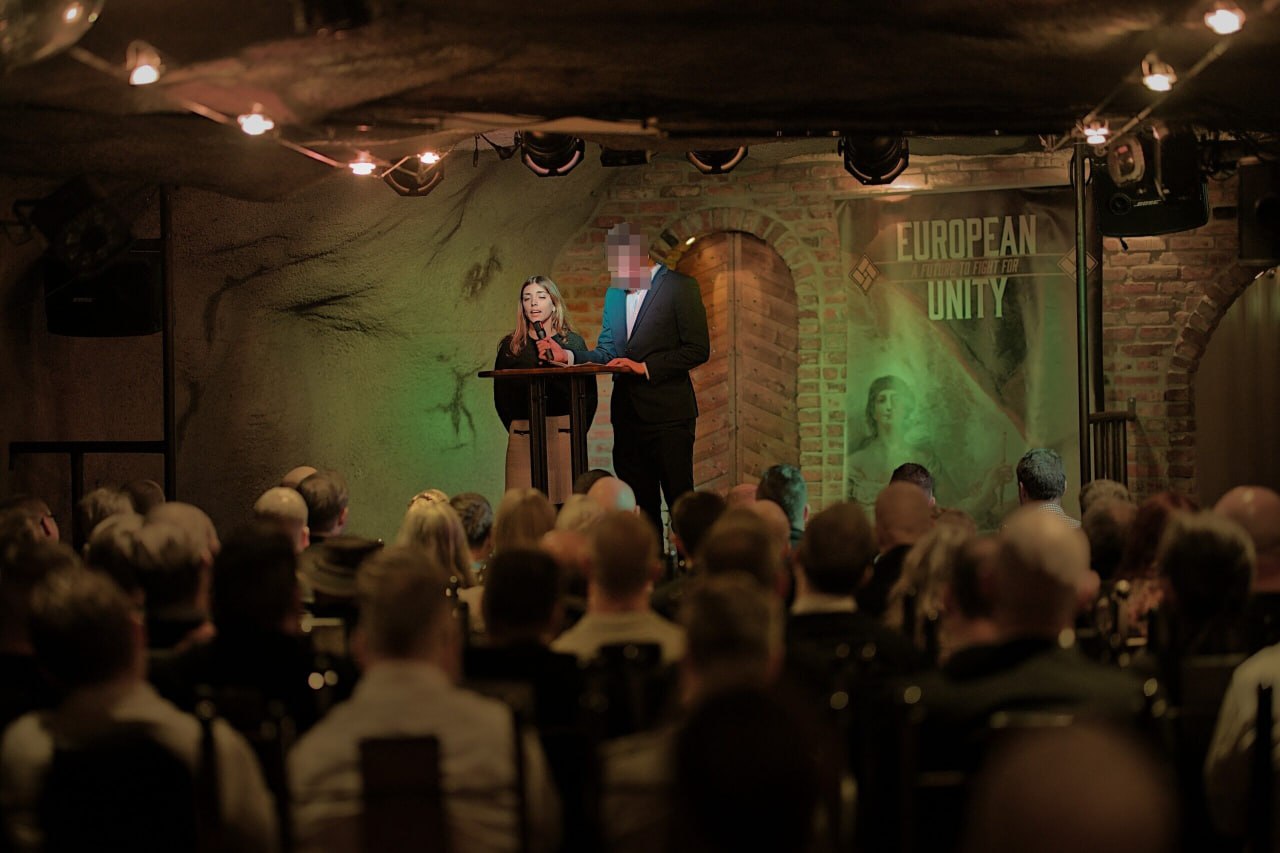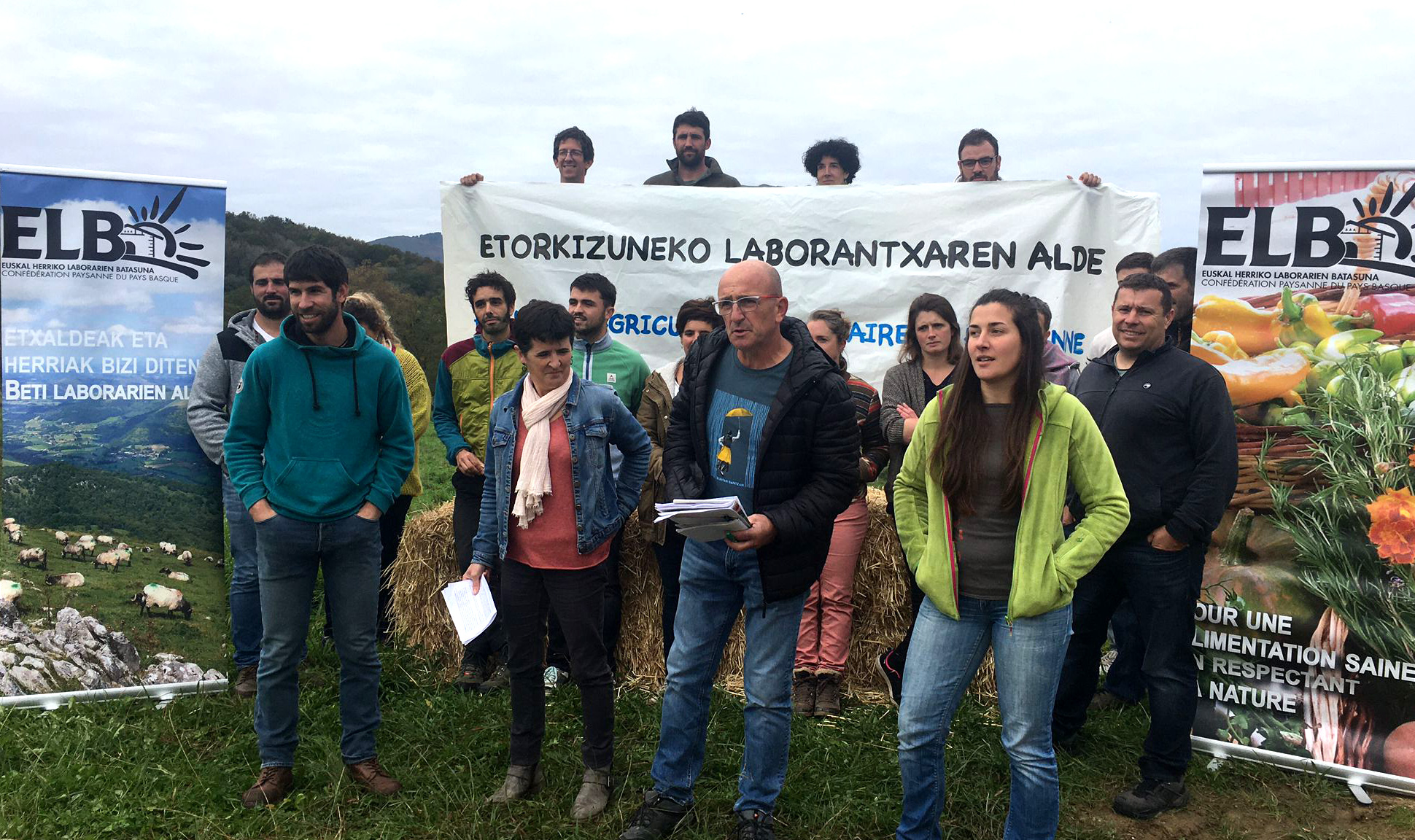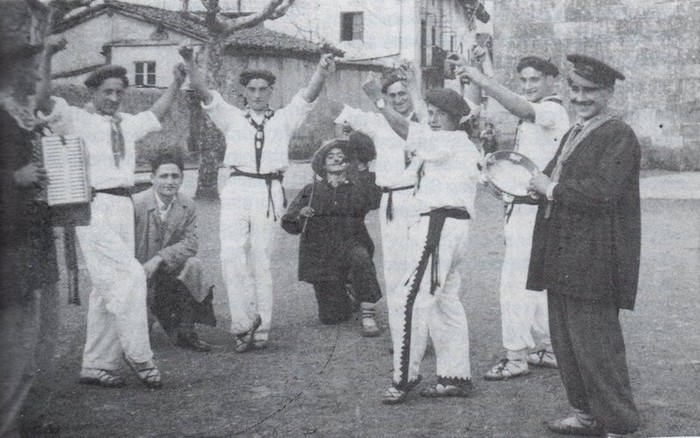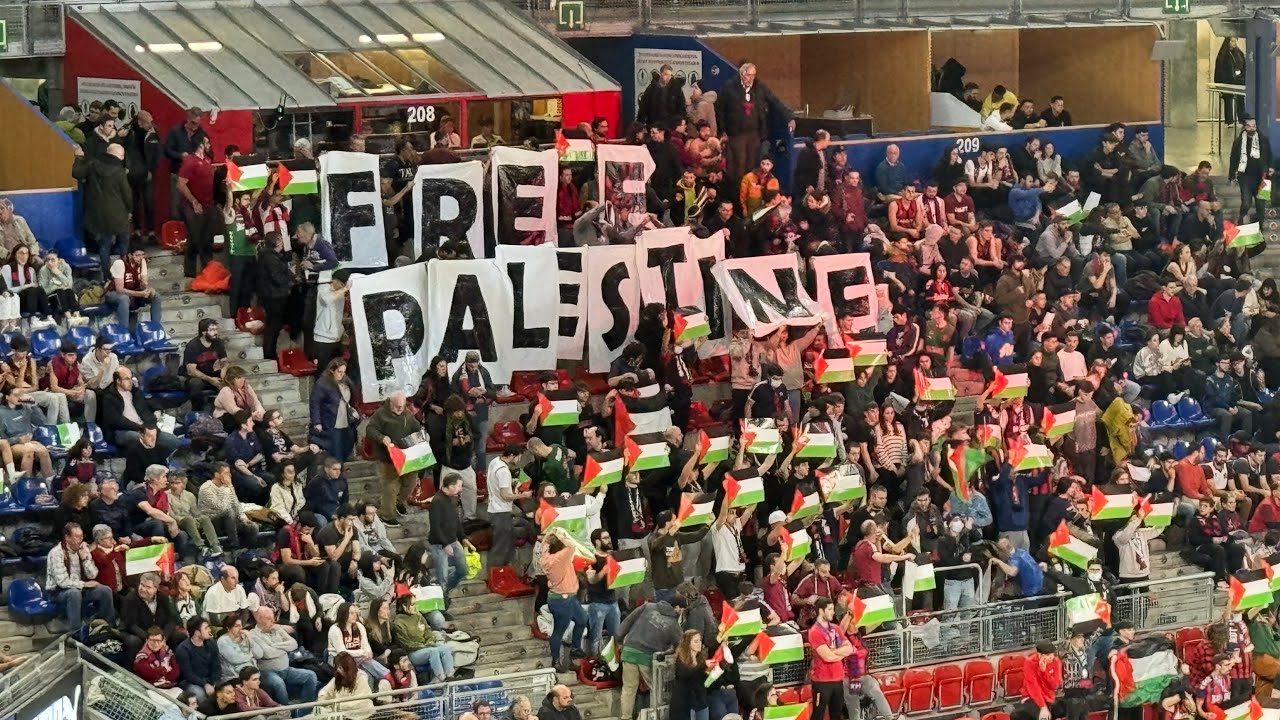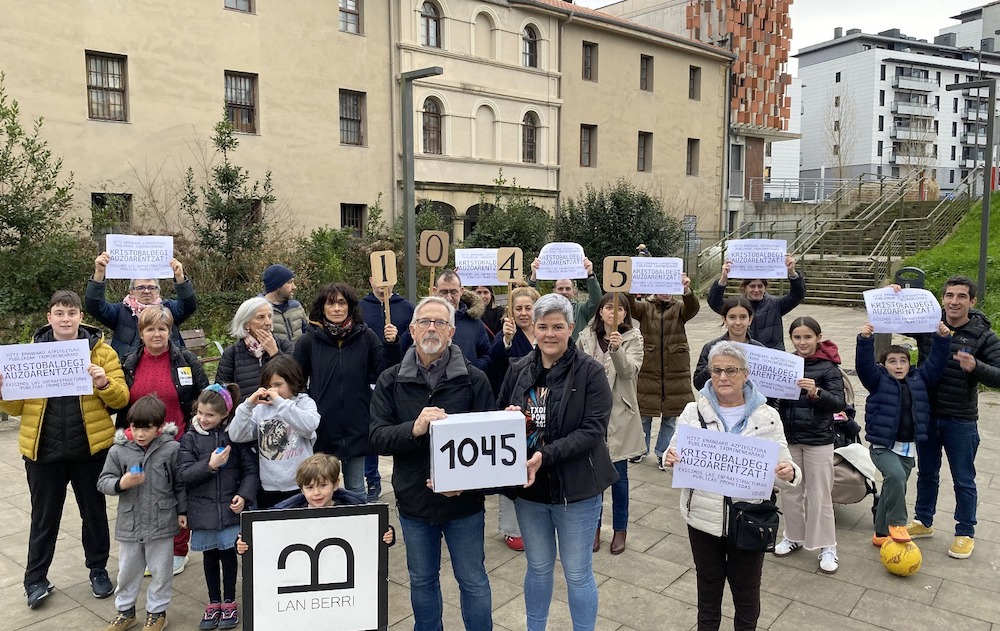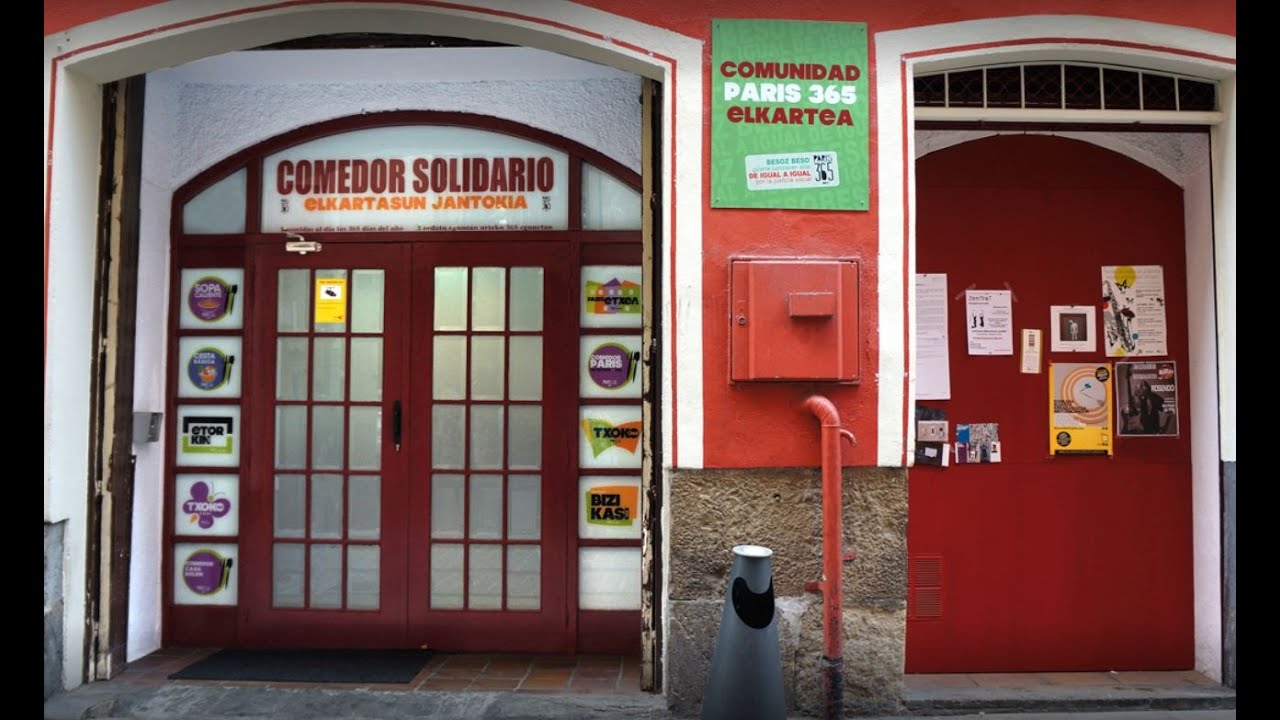Strengthening the Basque community
- The Aman Komunak group meets every three months somewhere in Euskal Herria to drive some local auzolan project. As usual, one day they use it for reflection and another for joint work. In the next article, Joseba Álvarez explains its essence.
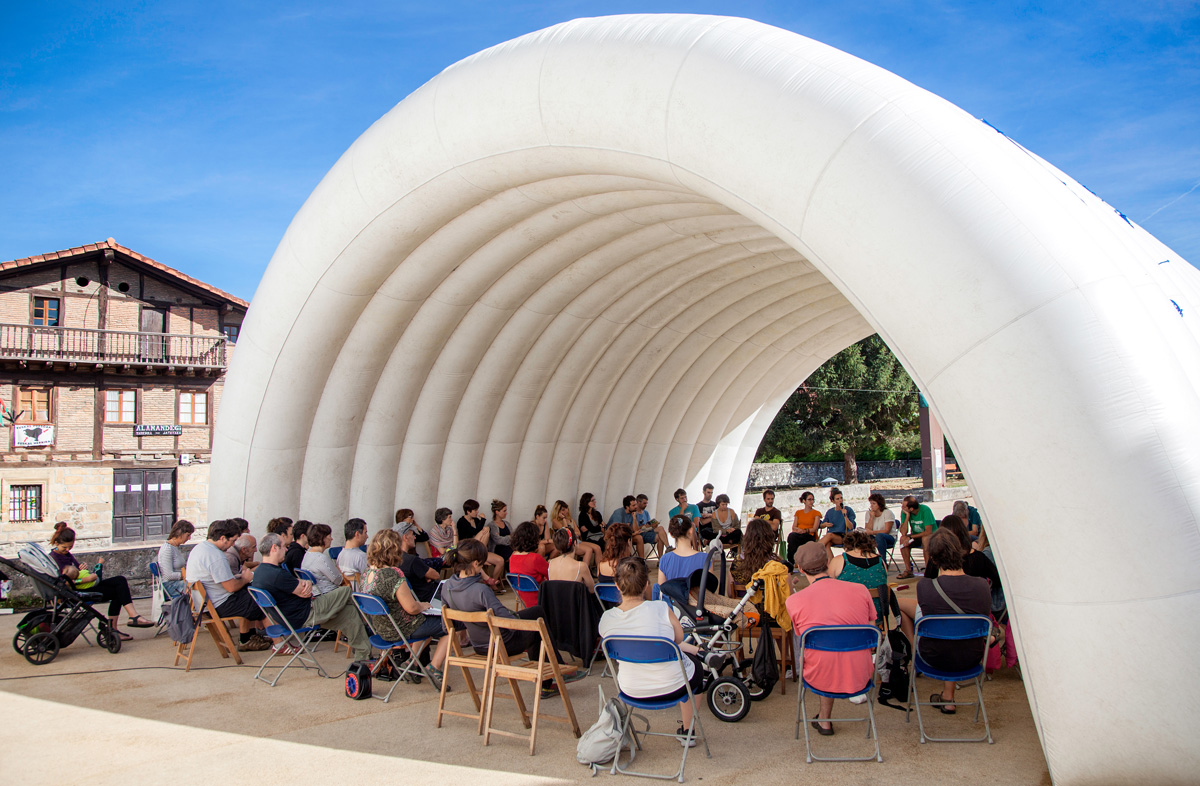
Like the world around us, Euskal Herria has fundamentally changed in recent decades. Our people have experienced all kinds of transformations, both in labor relations, in the model of consumption, in social organization and in many other aspects of our daily lives. And I fear that the historic political proposals that have been offered to us by the Basque political forces have not been left out of place, without being able to keep the speed of the transformation process that we have suffered. The concepts of “Basques”, “Euskal Herriak”, “independence” or “socialism” today and yesterday, for example, mean it.
But even though the forms have changed a lot, we should think about whether the content isn't always the content, or whether it's not very similar. Today, as yesterday, the capitalist, heteropatriarchal system now condemns peoples, citizens, the working class to misery and uniformization, to the point of calling into question the lives of the new generations. Furthermore, on the pretext of the crisis, the situation has been hardened, with a further deterioration in the basic civil, political, economic and cultural rights of citizens in the name of security. Seen like this, few changes, right? Capitalism, class struggle, has changed shape, but content is eternal.
Capitalism wants to lead us to the debate of ways, because it's willing to change the forms as long as the content doesn't change. And I fear that in the name of pragmatism, and arguing that society has changed a great deal, the new offer of the majority of Basque political forces is not confined primarily to the debate of forms, but moves away from social movements, citizens and workers, who are seeking real transformation. This is a change that is taking place in the Basque Country.
The conclusion is clear: more and more people abandon political forces and dedicate their work, their contribution and their struggle to social movements and Basque citizenship. The Basque Social Community has been strengthened in recent decades, without a doubt, but, unlike what it was at the time, today it is not seen mainly in any concrete offer and especially in political practice. The Basque Social Area has been greatly strengthened and will be further structured in the coming years, and on this occasion it is doing so as an autonomous, self-managed and disobedient space. Fortunately, we are talking mainly about Euskera, because it is Euskaldun. For political parties, this can be an opportunity to make the right decisions on the axes and ways of doing that you want to share with all these movements.
In fact, the social movement of the Basque Country is not seeking a formal transformation of the system, but a fundamental transformation. As we say well in the Free Territory, social movements want to make Euskal Herria a people of Good Life, and this requires transformative commitments, constructing step-by-step alternatives and acting with disobedience, direct action, non-collaboration or resistance to the obstacles that set us in the way. Will the main Basque political forces be ready to work and take on these paths?
And that is what we are already doing by the different people, groups and agents that we meet in the Camp of the Small Revolutions that we organize Aman Komuneak on the net or in Zubieta, prioritizing all kinds of self-managed projects and seeking collaboration and knowledge among them.
Joseba Alvarez, member of the Aman Komune network and the Free Territory group







